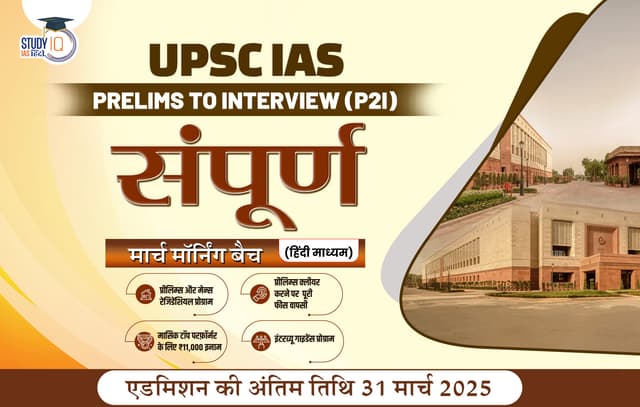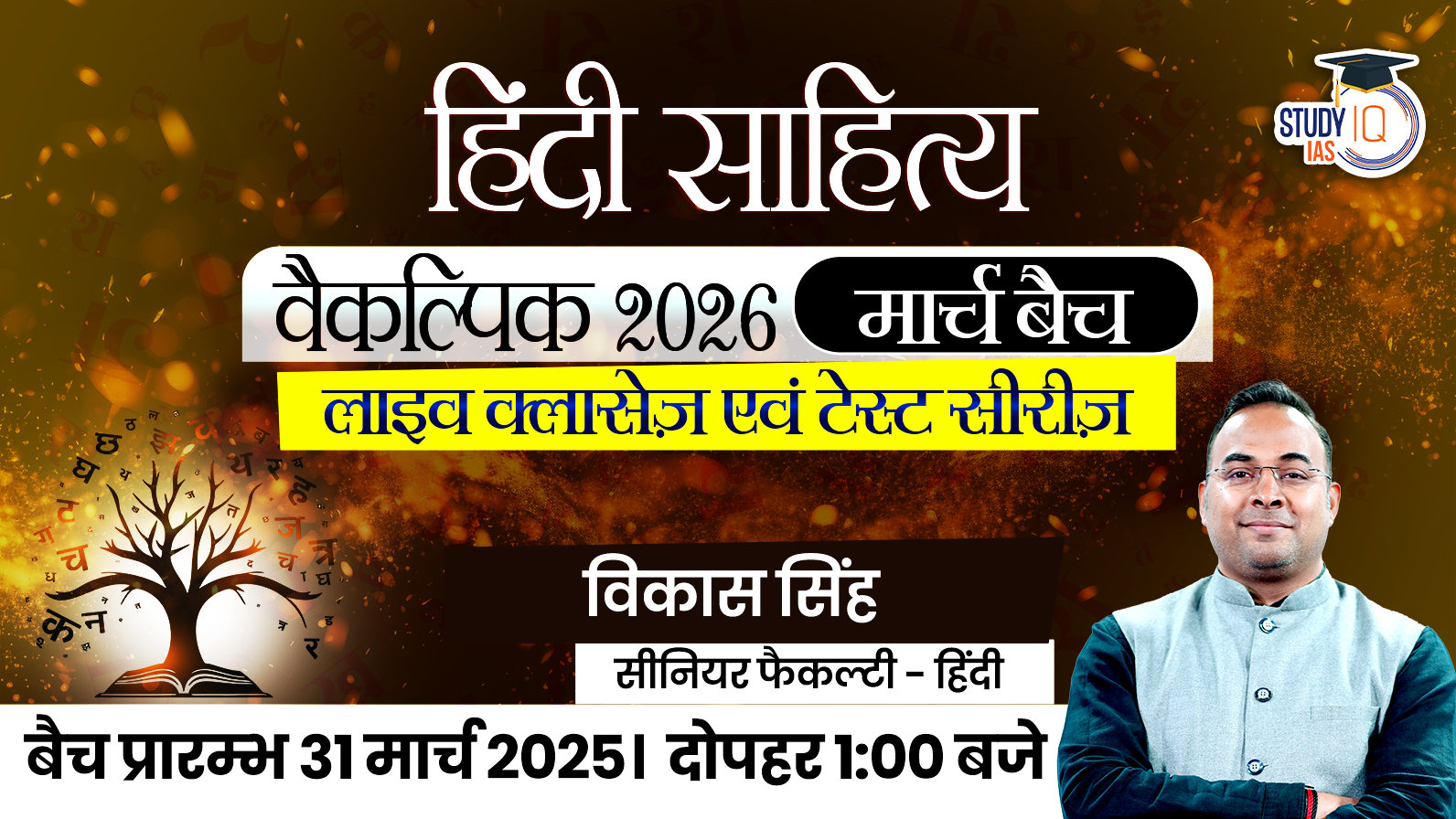Polity
-
Martial Law in South Korea, Meaning, History, and Key Facts
Martial Law is an extraordinary governance measure invoked during extreme emergencies like war, rebellion, or large-scale unrest. It transfers authority from civilian governance to military control, significantly impacting civil liberties and administrative functions. South Korea's experience with Martial Law is...
Last updated on December 5th, 2024 08:45 am -
Prevention of Money Laundering Act 2002 (PMLA), Objectives, Amendments
Delhi's former Chief Minister Arvind Kejriwal and Congress MP P. Chidambaram have sought relief from their respective trials, citing a recent Supreme Court ruling as a precedent. About Recent Supreme Court Ruling Recently the SC has ruled that prior government...
Last updated on December 3rd, 2024 12:14 pm -
Electoral System in India, Background, Features, Process, Types
November 26, 1949, marks the adoption of the Constitution in India. Since its implementation, a significant aspect of the Constitution is its protection of election integrity. The electoral system in India is a cornerstone of its democratic framework, ensuring free...
Last updated on November 29th, 2024 04:02 pm -
Constitution of India History, Evolution, Features, Timeline
The Constitution of India, adopted on 26th November 1949, is the supreme law of the land. It lays the framework for the governance of the country, delineating fundamental rights, directive principles, and duties of citizens. It is a reflection of...
Last updated on November 26th, 2024 02:44 pm -
Update on Sedition Law in India, Section 124A of the Indian Penal Code
Sedition Law Meaning Sedition is a crime against the state and is dealt with in Section 124A of the Indian Penal Code. Sedition punishes any content that has the potential to incite violence or public disruption in the country by...
Last updated on October 30th, 2024 11:24 am -
Right to Privacy in India, Article, Supreme Court Judgements
Right to Privacy Respect for privacy is regarded as a Fundamental Right of humans in many international treaties. It is essential for maintaining human dignity and is one of the fundamental components of a democracy. It upholds one's rights as well...
Last updated on October 30th, 2024 10:42 am -
Articles 17 and 18 of Indian Constitution, Provisions, SC Judgements
Articles 17 and 18 of Indian Constitution Article 17 (Abolition of Untouchability) and Article 18 (Abolition of Title), both are covered under Part III (Fundamentals Rights) of the Constitution which ensures an important role in the establishment of equality of...
Last updated on October 30th, 2024 10:00 am -
Parliamentary Privileges, History, Types, Benefits & Issues
Parliamentary Privileges Parliamentary privileges are mentioned in Article 105 of the Indian Constitution. Members of Parliament are protected from civil or criminal liability for statements made or actions taken while performing their duties. These privileges apply only while they are...
Last updated on October 29th, 2024 05:41 pm -
Financial Bill, Meaning, Types, Significance and Need
Financial Bill The Finance Bill also referred to as the "Act for Appropriation of Funds for Appropriations," is a law that details the sum of money that the Government of India will spend and how it will be spent. Bills...
Last updated on October 29th, 2024 04:49 pm -
Constitutional Amendment Bill, Meaning, Procedure, Types & Drawbacks
Constitutional Amendment Bill Constitutional Amendment Bill refers to a proposed amendment to the Constitution. The procedure for amending the Constitution is outlined in Part XX (Article 368) of the Indian Constitution. A bill can be introduced by a minister or...
Last updated on October 29th, 2024 04:08 pm






















